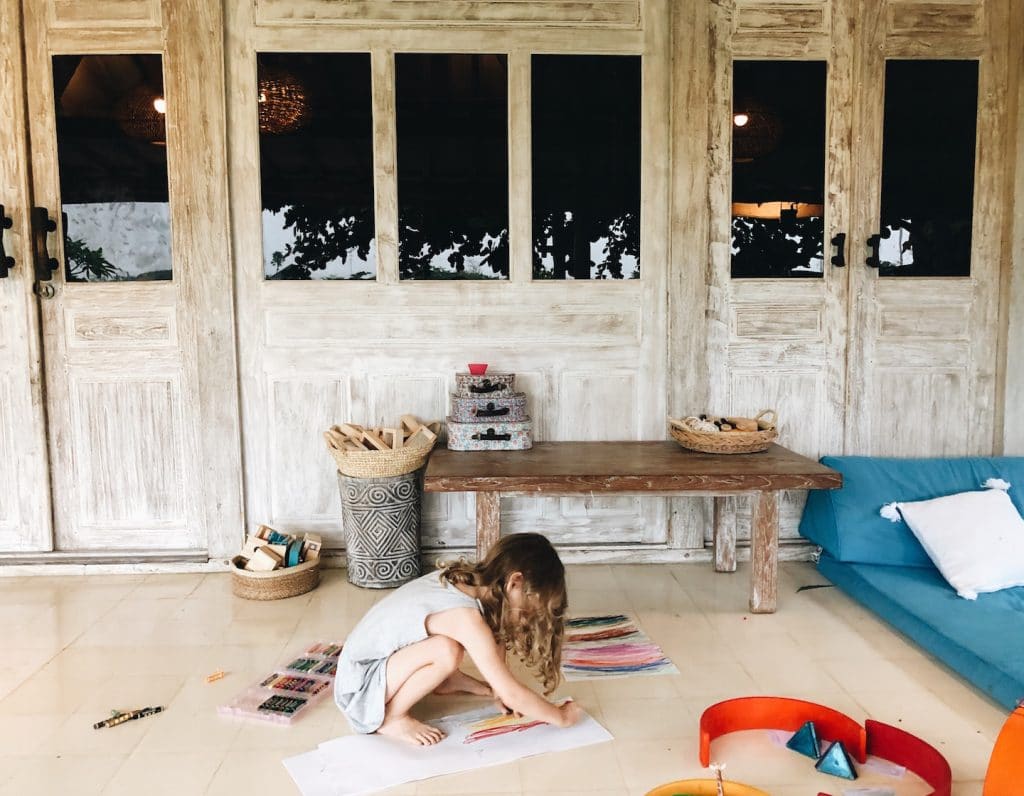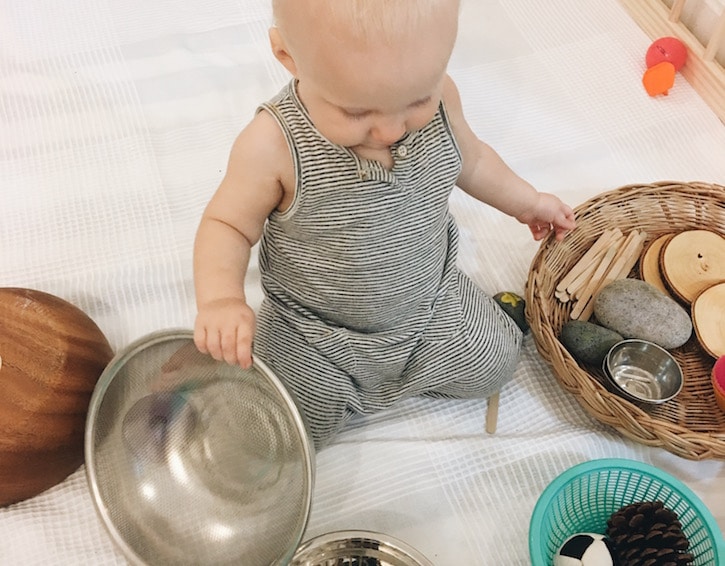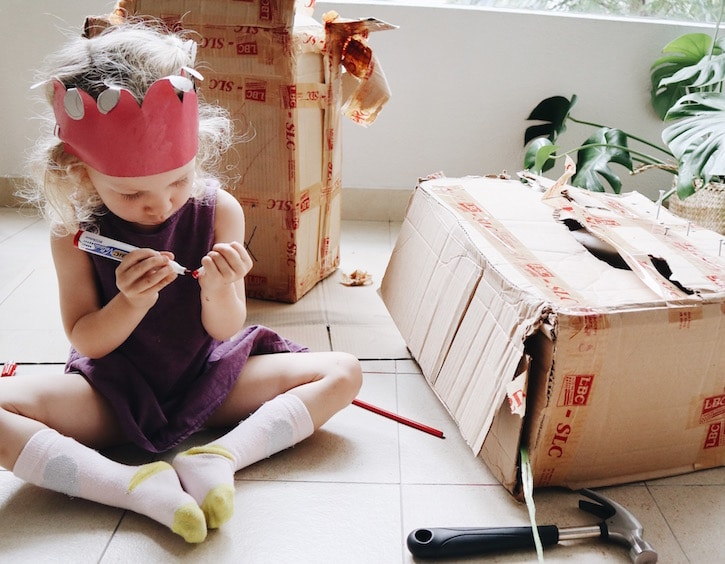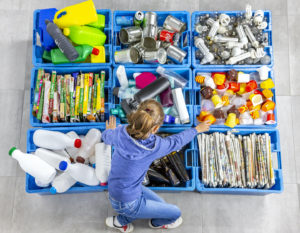
Alone time is good for all of us, kids included! In this week’s parenting tips, the Respectful Mom outlines the many benefits of independent play, and shows you how you can support it in your home
Kristin Mariella from respectfulmom.com has become well known for her powerful parenting workshops, writing and social media shares. With a large following and global reach, her focus is on shifting mindsets to inspire parents to become more intentional in their parenting journey. Kristin shares relatable and engaging personal experiences, insights and knowledge as she opens up and connects on a deep level with parents and caregivers around the world. We are so excited to be partnering up with her on a new weekly series; read on for part 5 in this eight-week series, and be sure to check out our Instagram Stories every Thursday for more of Kristin’s parenting tips and mind-blowing insights!
How often do your children play quietly by themselves? So many children today are over-scheduled and over-stimulated. They are attached to their electronic devices and play with toys that don’t leave much to the imagination.
Read more: Top 10 Open-Ended Toys to Boost Imagination

On top of that, parents are bombarded with so much information about stimulating their children. They start believing that as parents their role is to engage their children in some stimulating activity every second of every day. This is when parents start to believe that their input and direction is needed in order for their children to develop and learn — but this could not be further from the truth.
“Be careful what you teach, it might interfere with what they are learning.”
– Magda Gerber
See, when we start dictating our children’s every move, usually with our fixed outcome in mind (the blocks should be stacked, the puzzle needs to be finished, the book should be read cover to cover…), we’re unknowingly interfering in a very important, delicate process of individualised learning that no one can navigate with greater precision than our children themselves!
When our children get used to our constant input and outside direction they too often lose the ability to play independently.
Independent play has so many incredible benefits to children, as it allows children the freedom to explore and create on their own. During free, independent play children create and execute ideas, test hypotheses, and learn about themselves and their likes and dislikes. They learn to focus on tasks, solve their own problems, practice getting into deep flow, and be creative and imaginative.

Spending time alone is also deeply therapeutic (to all of us!), and for our children to truly flourish they need plenty of peaceful downtime to wind down and get in touch with themselves. It really brings about inner-peace like nothing else. After all, at the core of a healthy self-esteem is the ability to be comfortable with yourself. It is incredibly valuable for our little ones to learn how to enjoy their own company.
Not to mention the peaceful energy independent play brings to our home, creating pockets of time for parents to get things done around the house, make a phone call or just simply enjoy their cup of coffee while it’s still hot!
Fostering independent play takes conscious effort and awareness. And there are many ways we can support children in being more content with their own company during play. For some children playing independently can be a struggle, particularly if they have been entertained frequently as infants or had play done for them early on. I would say the easiest way to foster independent play is definitely to start early, but for those out there with older children there are other ways we can encourage independent play in our children.
For this week’s @sassymamasg Instagram Stories takeover, I’ll share 7 ways we can help our children play independently.
Be sure to check out our Instagram Stories today for more respectful parenting insights from Kristin, and click here to see our archive of past weeks’ tips!






 View All
View All




 View All
View All









 View All
View All







